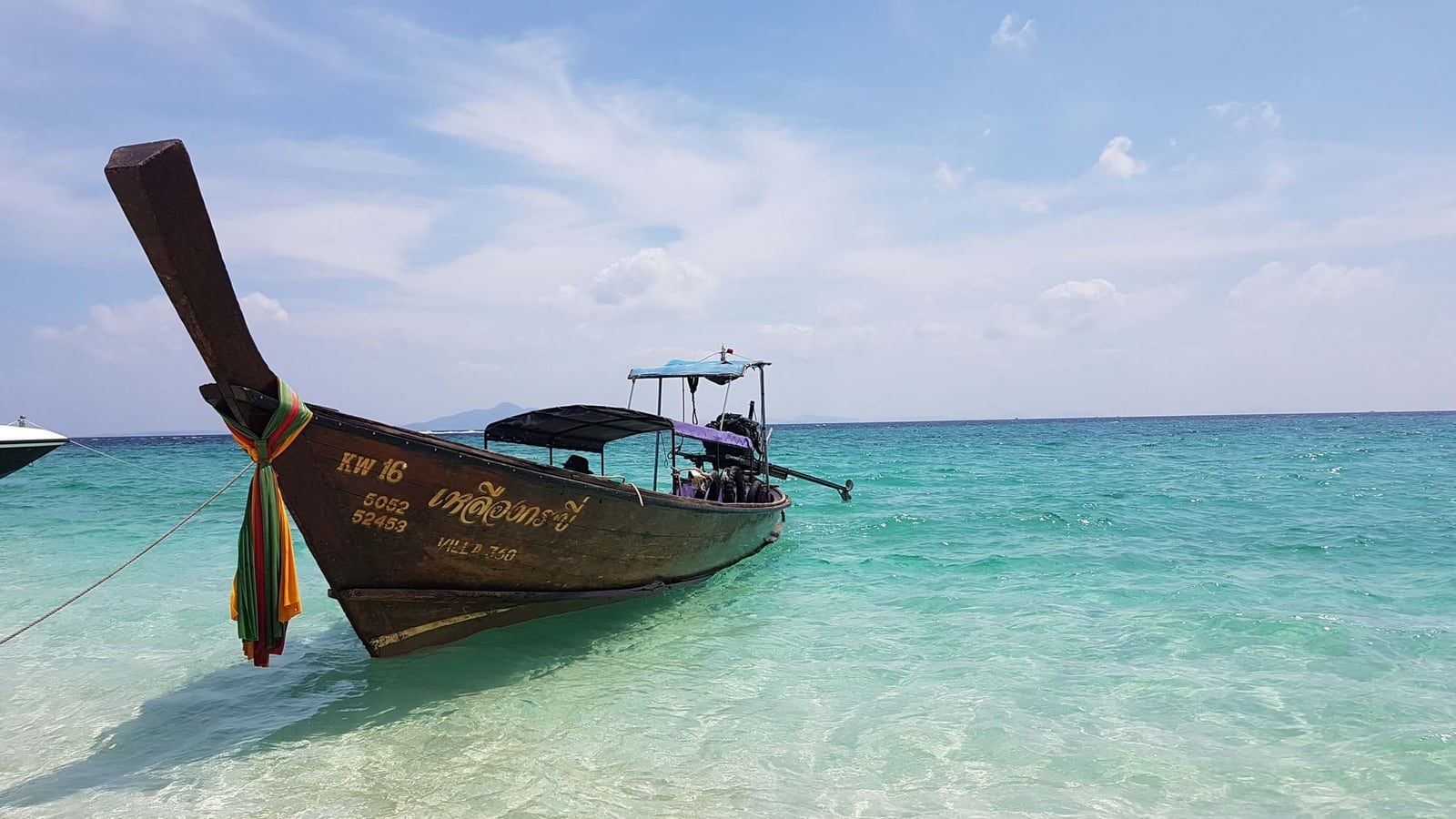Article
3 min read
How to Register a Sole Trader in the Cayman Islands
Contractor management
Worker experience

Author
Anja Simic
Last Update
January 31, 2025

Table of Contents
What is a sole trader in the Cayman Islands
Types of Licences
Registration
Taxes
The Cayman Islands is a British Overseas Territory in the western Caribbean Sea, consisting of three islands. The capital city is George Town, the currency used is the Cayman Islands dollar (KYD - CI$); the official language is English. Financial services and tourism dominate the economy of the Cayman Islands.
The Cayman Islands is considered a tax haven, and it is an ideal place to start a business. The number of corporations in the Cayman Islands is more than double its population. If you are looking to start your own business, you’re in the right place. This article will provide you with the information required for registering it in the easiest and fastest way.
Before you establish your business in the Cayman Islands, you need to consider its legal form. A business can operate as:
- Sole Trader
- Partnership
- Company
This article will focus on the sole trader form.
What is a sole trader in the Cayman Islands
An individual operating a commercial business in their own name and at their own responsibility is considered a sole trader (proprietorship). The owner is liable with all of their personal assets, and the liability is not limited. There is no legal personality separate from a natural person. There is also no minimum capital required, and no articles of association are necessary.
If you plan to operate a business in-land, some form of local licensing will be required, depending on the business nature.
In case you're looking to hire registered independent contractors from Cayman Islands, check out this page.
Types of Licences
If a business is owned at least 60% by one or more Cayman Islands nationals, the owner needs to obtain a Trade and Business (T&B) Licence. If less than 60% of the business is owned by Caymanians, a Local Companies Control Law Licence (LCCL) is required. According to this, since you own the whole business, you are required to obtain a T&B license if you are a Caymanian or an LCCL if you are a foreign person.
In the case of LCCL, the Trade & Business Licensing Board will consider if the business will compete with the nationals-owned business and whether it will bring benefit to the islands.
Businesses whose activities are carried out outside the islands are, in most cases, exempt from LCCL, and it would only require a T&B Licence.
However, according to the country’s laws and rules, only Cayman Islands nationals can operate as sole traders.
Registration
The registration is done with the Department of Commerce and Investments (DCI). You can apply for the license online by clicking on the Start Application button at the page bottom.
- Completed online application form;
- The filing fee (non-refundable) is CI$75.00
- License fee as determined from the Schedule of Fees
- Caymanian citizenship or status proof (Birth Certificate or Status Letter)
- The lease agreement copy or letter of intent (if the proposed business will be conducted from a commercial location)
- Permission letter (if the applicant works for the Government of the Cayman Islands)
- Police clearance certificate from the place where the person concerned has lived for the previous six months. Local Police certificates may be applied for at the DCI licensing counter when the application is submitted.
The application will be processed, and you will obtain your business license if everything is in order.
Taxes
The Cayman Islands is a tax-neutral country, and it is considered a tax haven. There is no income tax, withholding, or any other direct taxes.
Disclaimer: Be aware that this article is not a substitute for legal advice. Please always check official websites or seek legal advice before you take action.
Deel Hire

Anja Simic is a passionate advocate for remote work and leveling the playing field for diverse talents worldwide. She’s the Director of Content Marketing at Deel. As a content marketing professional, she thrives on shaping impactful narratives through different formats such as long-form content, webinars, and newsletters (to name a few).














